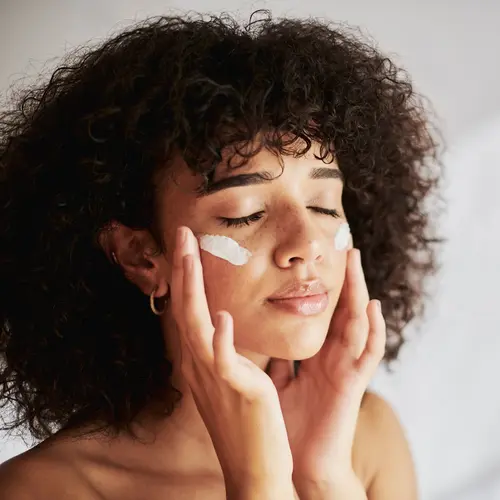The latest antiaging weapon is not an injection or a wonder cream, and it doesn't involve any nipping or tucking either.
It's a glass of red wine a day for women and two for men, according to Richard A. Baxter, MD, a plastic surgeon in Seattle and the author of Age Gets Better with Wine. Baxter gave a talk on wine and beauty at the annual meeting of the American Society for Aesthetic Plastic Surgery in Washington, D.C.
WebMD sat down with him to discuss exactly how age gets better with wine.
Here's what he had to say:
Wine and beauty, really?
There is quite a lot of data on the wine and beauty connection. I was surprised at how extensive the data is on wine as an antiaging intervention.
What is it about wine that can help us age and look better?
The mechanism is the antioxidants in red wine. Antioxidants sop up damaging free radicals that play a role in aging and age-related diseases. There is a much higher concentration of antioxidants called polyphenols, including resveratrol, in wine compared to grape juice. In wine, the skin and seeds are part of the fermenting process, but both are removed when making grape juice.
I think stress has something to do with it, too. It is difficult to sort out how much of the benefits are from the chemical properties of wine vs. the types of behaviors that wine drinkers tend to have such as less stress in their lives. Wine is part of the Mediterranean diet, which is also rich in fresh fruits and vegetables, whole grains, nuts and seeds, legumes, seafood, yogurt, and olive oil. This diet is more of a lifestyle that includes drinking wine with dinner. Studies show that the Mediterranean diet is associated with longer, healthier lives.
Any caveats?
Drinking a glass of red wine a day is the single most important thing that you can do other than nonsmoking, from an antiaging point of view, but you can have too much of a good thing. Drinking more than recommended can have the opposite effect on your appearance and health.
What is your wine prescription for WebMD readers?
A glass a day and your skin will glow. As antiaging advice, this is as good as it gets.
Specifically, what benefits can a person expect if they follow your advice?
You will look better, your skin will glow, and you will live five years longer than a teetotaler. There are also good studies that show people who drink red wine on a regular basis have fewer actinic keratoses [precancerous skin lesions]. You will have a significantly lower risk of Alzheimer's disease, cancer, diabetes, and all of the things that go along with aging. People assume that drinking would decrease brainpower as you get old, but the most amazing thing is that regular wine drinkers have an 80% lower risk of developing Alzheimer's disease.
What about people who can't consume alcohol?
People who can't drink wine should such look to other whole foods with polyphenols and antioxidants, like pomegranates and blueberries. Or go for dark chocolate. It does a lot of the same things as wine. Both dark chocolate and red wine have been shown to protect the skin from sun damage.
Will winemakers put plastic surgeons out of business?
No. It's an adjunctive thing.
There are some supplements out there that say they have the ingredients -- namely resveratrol -- that make red wine so healthy. Do they work?
The data is really minimal in terms of the effectiveness of resveratrol supplements. The jury is out about whether you get same benefits in a pill that you get with a glass of red wine.
What about skin creams with resveratrol?
This will be the next big thing in skin care. Stay tuned.
Are any wines better than others?
White wines do not have as many antioxidants as red wines. In terms of reds, it has more to do with the way the grapes are grown than the varieties of wine. Oregon pinot noirs tend to have higher levels of polyphenols and European wines tend to have more polyphenols than American wines, in general.
What type of wine do you drink?
I like all red wines, but I am really partial to Australian shiraz.


